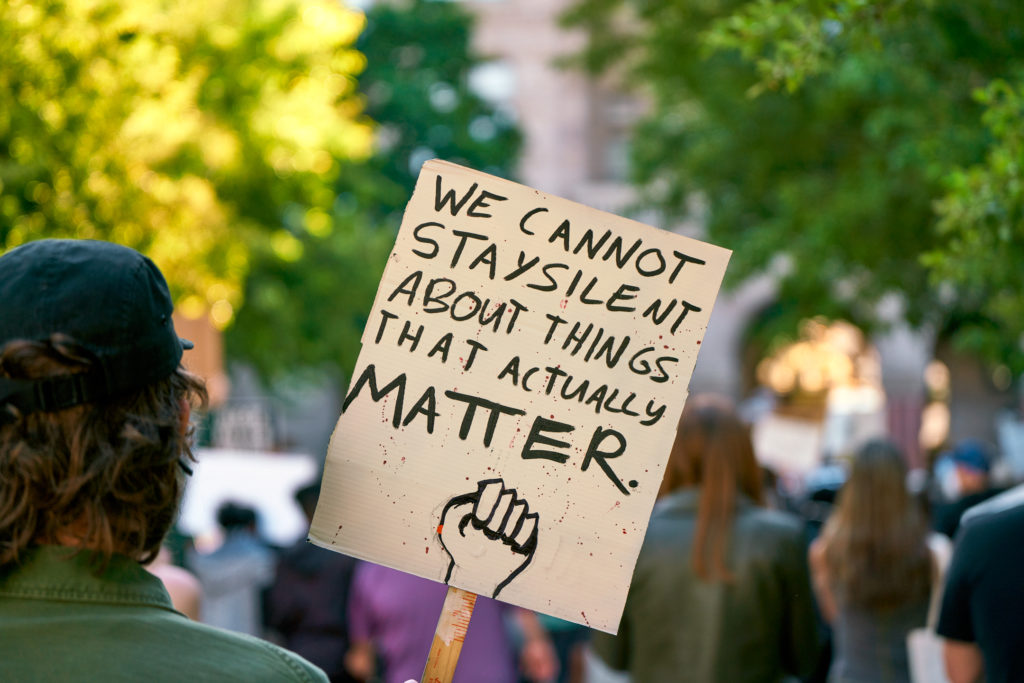
A new resolution introduced in the Utah Legislature seeks to declare racism in Utah as a moral and public health crisis.
House Joint Resolution 13 is sponsored by Rep. Sandra Hollins, D-Salt Lake City. The resolution would address multiple issues across the state, including affirming the differences in access to opportunities and resources according to race. It would also express the Legislature’s commitment to abolish discriminatory state policies and identify actions that may be taken by the state to help mitigate the impacts of past discrimination.
Hollins is the first African-American woman to serve in the Utah State Legislature. Her resolution declares multiple ways in which Utah’s people of color may be at a health disadvantage due to their race.
This includes COVID-19. The Centers for Disease Control and Prevention has stated that “long-standing systemic health and social inequities have put many people from racial and ethnic minority groups at increased risk of getting sick and dying from COVID-19.”
BYU public health professor Lori Spruance said there are health disparities that exist between white and Black people relative to their health status. “When we’re talking about systematic racism we are specifically looking at what procedures and policies have been in place to create a difference in groups of people.”
Spruance said people of color often suffer from systematic issues that may impact their health, such as lack of access to healthy foods at grocery stores.
Spruance also said while many Utahns are not intentionally ignoring these problems, they may not understand that the impacts of systemic racism are pervasive in their own communities. “When we’re not close to communities that could potentially be struggling, it’s sometimes difficult to see what those particular struggles are.”
Despite supporting the resolution, Spruance said acknowledging the problem is only the first step needed in a process that will require policy implementation as well. The resolution has not yet been scheduled for a committee hearing, and the current legislative session will end March 5.




